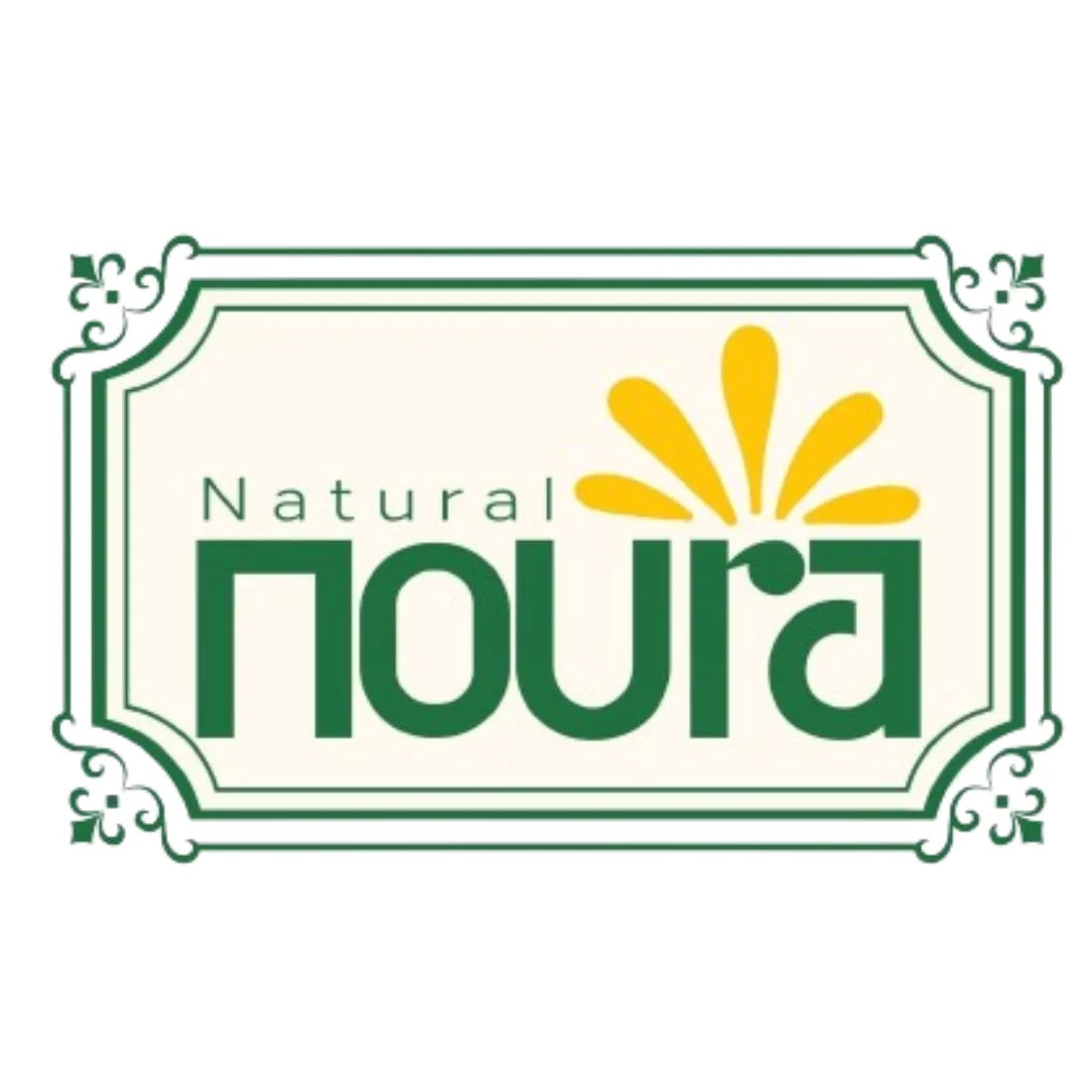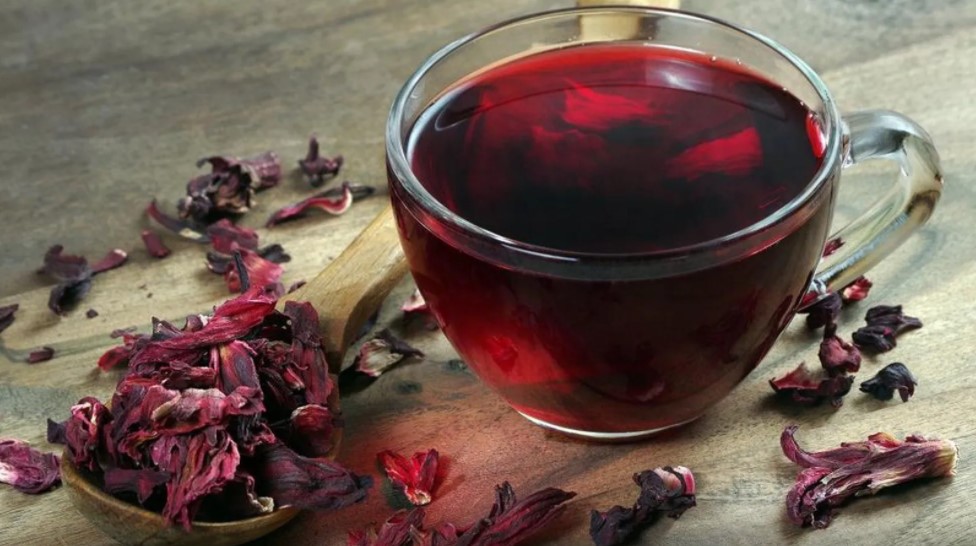Hibiscus, also known as Roselle, is a plant species from the family Malvaceae. This plant, native to Africa, was first cultivated in the West Indies in the 16th century and later spread to various parts of Asia in the 17th century.
Hibiscus flowers are also grown in Central and South America, Mexico, and the Caribbean. They can be found in many tropical regions around the world. However, Africa is considered the original region where hibiscus is seen and cultivated. In Sudan and Egypt, hibiscus is known as “karkade.”
The use of hibiscus tea dates back to ancient times. It was initially served cold and was a preferred beverage for the pharaohs to cool down in the desert heat. The preference for cold serving in ancient times can be attributed to this. In the 17th century, it spread to many parts of the world, including Hawaii, Guatemala, Australia, and New Zealand. Hibiscus tea was also used in religious ceremonies and healing practices around the Nile River and its surrounding areas. It is widely consumed in West Africa and Nigeria and remains a traditional drink in Egypt and Sudan, especially in wedding ceremonies.
Hibiscus is a plant that is propagated by seeds. It prefers clayey and well-draining soil and is adapted to tropical climates.
When hibiscus flowers come into contact with hot water, they turn red and have a sour taste. It is reminiscent of pomegranate, cranberry, and lemon in terms of flavor. Hibiscus is often mixed with herbs like mint, dried spices, cinnamon, and ginger to add aroma and enhance its taste. The large green leaves of the hibiscus plant are used in some country’s cuisines. It is widely used in African cuisine to enhance the flavor of dishes like fish and rice. The use of hibiscus leaves in meals is also common in Asian and American countries, where it adds a sour and aromatic taste to the dishes. That’s why it is highly preferred in cooking.
Hibiscus flowers are also used in jams, marmalades, seasonings, and sauces. They are used in making paste, preserves, and spiced pickles. Due to its red color, hibiscus is used to decorate dishes and salads. It is also used as a natural food coloring in sweets and cakes, providing a visually pleasing pink hue.
BREWING HIBISCUS TEA
Hibiscus tea, also known as Roselle tea, is made by steeping the leaves of the Hibiscus sabdariffa plant in hot water. The taste of this tea is similar to rosehip tea, with a sweet-tart flavor. Due to its tartness, it is often preferred to add sugar, honey, or other natural sweeteners. Hibiscus tea can be consumed hot or cold, depending on personal preference.
To brew hibiscus tea hot, you can use methods similar to other herbal teas. You can use a French press or a teapot to steep the hibiscus leaves. Start by adding the desired amount of hibiscus tea leaves to your French press or teapot. Then pour hot water over the leaves and let it steep for about 10-15 minutes. However, you can increase the steeping time to intensify the flavor and aroma of the tea. After the steeping process, you can pour the tea into a cup and sweeten it with sugar, honey, or natural sweeteners according to your taste. If you prefer to consume hibiscus tea cold, you can let the hot-brewed tea cool to room temperature and then refrigerate it until chilled. Cold hibiscus tea is ready to be enjoyed, and you can add ice cubes if desired. These are the methods for both hot and cold consumption of hibiscus tea. Enjoy your hibiscus tea!
BENEFITS OF HIBISCUS TEA
- Hibiscus tea strengthens the immune system due to its high vitamin C content.
- It has anti-aging properties.
- Hibiscus tea helps lower blood pressure and can assist in preventing hypertension.
- It provides effective protection against cancer.
- Hibiscus tea reduces blood fat and cholesterol levels.
- It helps prevent parasites and fungi in the body.
- Hibiscus tea accelerates the healing of inflammatory wounds.
- It has antibacterial properties and aids in body detoxification.
- It helps balance blood sugar levels.
- Hibiscus tea helps the body build resistance against diseases.


